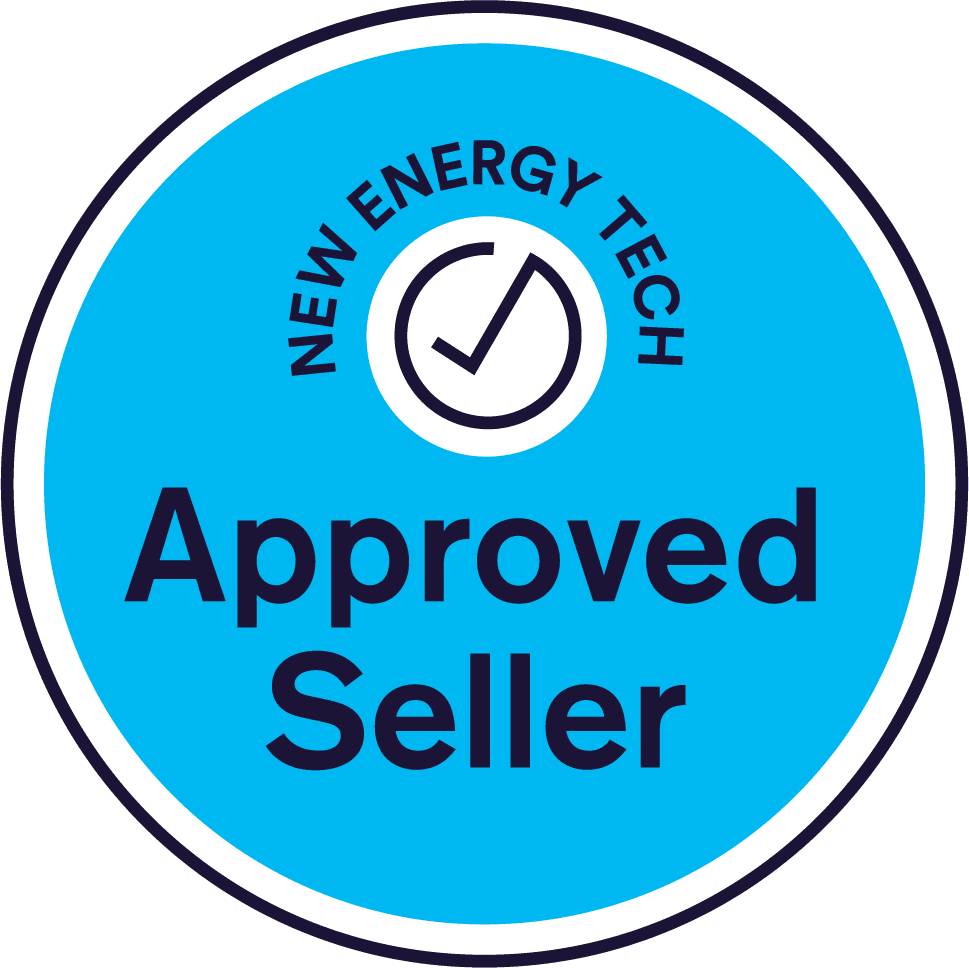As we all navigate our way through this unpresented time, it is really difficult to know what the future holds for our finances, social lives and general wellbeing.
GI Energy are not virologists, neither are we economists, so our team here at the office are making our way through this tough time and trying to make sense of everything in exactly the same way you are.
We are solar experts though. And surprisingly, this could crisis we have found ourselves in may actually make going solar an even better investment.
Why is this? We’ve noted five reasons.
1. Increased energy consumption
If you or your family are spending considerably more time at home, you’ve got to ask how that will affect your energy bill. For many that will mean a significant increase – more cooling, more lights, more devices. If your family was home during the summer holidays, the last bill might give you an indication of the potential for the next 6 months of billing.
Even as we slowly begin to transition going back to “normal” many individuals and businesses have realised that working at home can be more effective than they thought. There are early signs that some of the behaviour patterns created by the forced move to work at home, will remain in place for the long term.
Zoom meetings, video chat, emails and affordable and transportable computerisation means working from home for lots of industries is something that may well hang around long after the virus has been dealt with.
What we are starting to see and hear is that some people intend to split their working week between the office and home. It remains to be seen whether this will continue for the long term, but the trend is certainly heading that way!
2. Reduced income
Many households are going to suffer an income loss. This might be from one or two main income earners, or it may be impact from a business owner.
If you have not investigated solar, you may not be aware that loan repayment for a system can be lower than the savings a solar system can provide. For many of our clients, this has proven to be an instant cashflow improvement for the family budget. Instead of paying $800 per quarter to your electricity retailer, you pay $200 a month repayment ($600 per quarter) and only $100 to your electricity retailer – you actually gain $100 per quarter compared to not going solar.
3. Lower interest rates for loan repayments
The reserve bank has reduced interest rates. This means home loan rates are the lowest they’ve been in a long time. One of the most effective solar purchasing strategies is to add it to your home mortgage. By doing this, you will almost always increase your monthly cashflow. In most cases this is quite a large cashflow benefit. This is the best time to get a loan!
4. Government Rebates still here to help
The Australian Government still has a really generous rebate package that will pay for approximately 40% of your solar installation. This will not be around forever.
5. Access to super.
For some Australians, early access to super will provide a total of $20,000 over the next few months. Using part of this money for solar may help manage your costs both now and well into the future.
If you purchase a solar system using cash (rather than a payment plan), you can see returns between 14% – 35%. It is difficult to find a superannuation account that will deliver this type of return.
Conclusion
We are all looking at the world very differently compared to only a few months ago.
Solar energy is probably not something that is at the forefront of your mind right now.
However. As we move through this difficult time, one thing is for certain: life goes on, and the sun will keep rising every morning.
Solar energy can provide a way reducing your overall home utility bills, with no upfront cost needed. We are all going to need electricity moving forward, maybe in higher volumes than ever.










